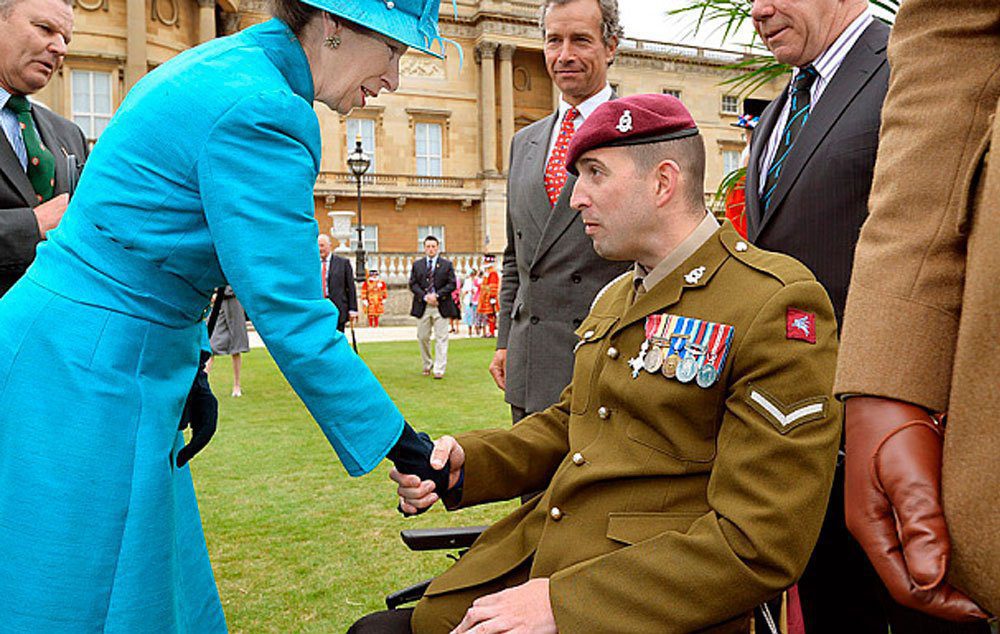The rights of air passengers with a disability or reduced mobility have been strengthened by new regulations which have just come into force
Under EU regulations, disabled travellers are legally entitled to special assistance in the air, which may include help when travelling through an airport, boarding or disembarking an aircraft, as well as help during a flight.
Now the UK’s Civil Aviation Authority (CAA) has full legal authority to ensure airlines and airports comply with the law.
Any airport or airline persistently failing to meet European law will get an Enforcement Order which could lead to prosecution for those who do not comply. However, the CAA expects the majority of problems will be resolved without court action.
Disability rights campaigner Sophie Morgan said that, as a person with a spinal cord injury, she has been refused travel and suffered indignity due to a lack of facilities. “I am not alone,” she said.
“Every airline seems to differ in their requirements and it can make people with disabilities unsure of what their rights are. Clear information is key. But attitudes need to improve also as many still can’t fly, including those with severe mobility impairments.
“Trains allow discount travel, busses clear space for those who are unable to transfer from their wheelchairs and concessions are abilities for carers but none of this seems to have been considered by airlines which need to improve and become more inclusive.”
EasyJet was fined £42,000 this year for refusing to allow a woman who uses a wheelchair to fly between Paris and Nice because she was a “safety risk”.
Marie-Patricia Hoarau, 39, a paraplegic since a cycling accident 19 years ago, said she was allowed to travel unaccompanied on the outbound flight with the British low cost airline.
However, when she boarded the plane in Paris to fly home, she was sent back to check-in because she did not have a helper.
A fellow passenger offered to take on the role, but cabin crew refused because they had not boarded at the same time, making her feel like a “social outcast”.
She was taken off the plane and given a free ticket on the next flight, while check-in staff found another passenger willing to accompany her.
The budget carrier was initially ordered to pay £4,500 but this was increased to £42,000 by an appeals court after easyJet challenged the verdict.
In October, Thomas Cook apologised to a paratrooper, the British Army’s most injured survivor of the Afghanistan conflict, after he and other members of his party were told that there was no “aisle chair” for use during the flight.
The aisle chair is a specially designed wheelchair capable of moving down the narrow aisles of the aircraft and without it the men were unable to access the toilet during the four-and-a-half hour journey.
Thomas Cook Airlines launched a full and immediate investigation into the incident following the complaint.
The Civil Aviation (Access to Air Travel for Disabled Persons and Persons with Reduced Mobility) Regulations 2014 came into effect on Monday.
They also cover the need for airports and airlines to have information relating to special assistance clearly available on their websites.
The CAA’s regulatory policy director Iain Osborne said:
“When we reviewed airlines’ and airports’ websites, we found this was not always easy to find and often unclear and lacking in detail.
“So we have worked with the industry to make sure it is presented in a much clearer fashion and just one click from the homepage.
“It is pleasing to note that most airlines and airports have now made these improvements. Where this is not the case, the CAA will work with the airlines and airports involved to bring them into full compliance.
“This increased level of clarity will enable passengers to better plan their trip, or allow them to choose between different airlines or airports depending on the level of assistance available.”
Source: Telegraph



